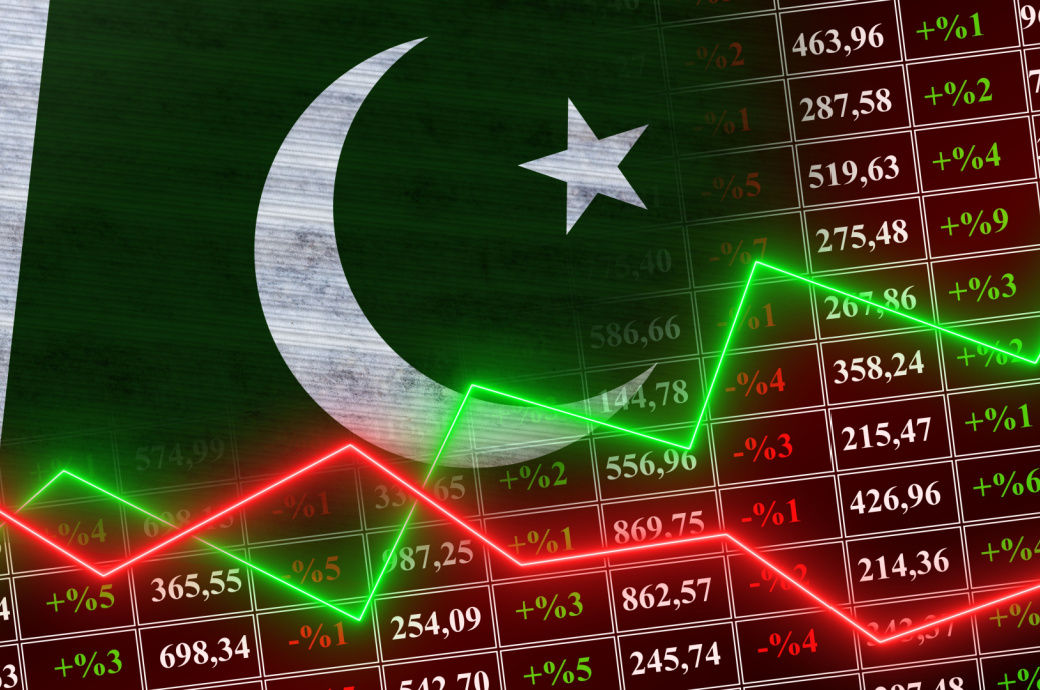
Despite some projected recovery, growth is expected to remain below potential in the medium term, the report said.
Poverty will inevitably increase with pressures from weak labour markets and high inflation, it noted. Further delays in external financing, policy slippages and political uncertainty pose significant risks to the outlook.
Real gross domestic product (GDP) growth is expected to slow sharply to 0.4 per cent in fiscal 2022-23 (1 July 2022 to 30 June 2023), reflecting corrective tighter fiscal policy, impact of flood, high inflation, high energy prices and import controls.
Agricultural output is expected to contract for the first time in more than 20 years due to the floods. Industry output is also expected to shrink with supply chain disruptions, weakened confidence and higher borrowing costs and fuel prices, the World Bank report noted.
Inflation is projected to rise to 29.5 per cent in FY23, but moderate over the forecast horizon as global inflationary pressures dissipate.
With dampened imports, the current account deficit is projected to narrow to 2 per cent of GDP in FY23, but widen to 2.2 per cent of the GDP in FY25 as import controls ease.
The fiscal deficit is projected to narrow to 6.7 per cent of the GDP in FY23 and further over the medium term as fiscal consolidation takes hold.
Fibre2Fashion News Desk (DS)